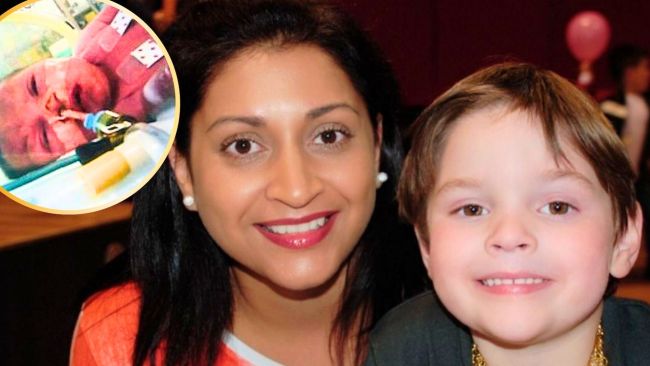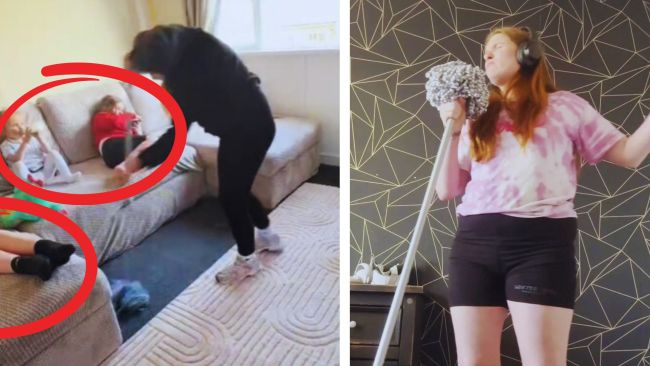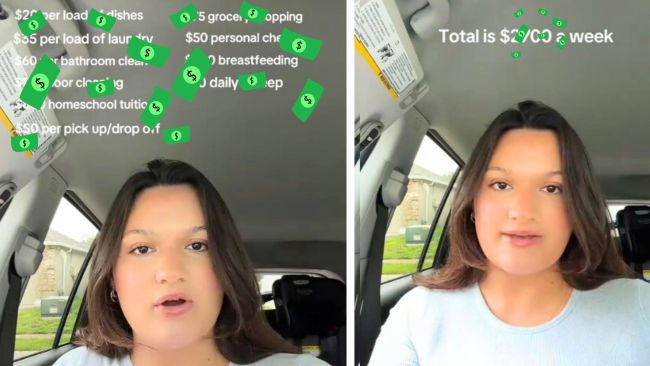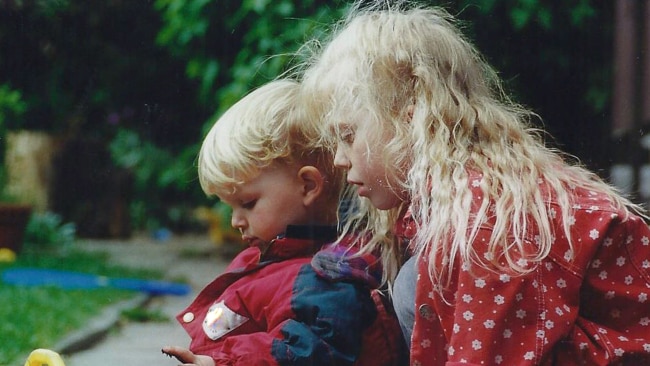'I've fallen asleep behind the wheel immediately after doing a C-section'
“For this I was paid an hourly rate less than a Bunnings employee... Are these the conditions you want for the doctors looking after your loved ones?”
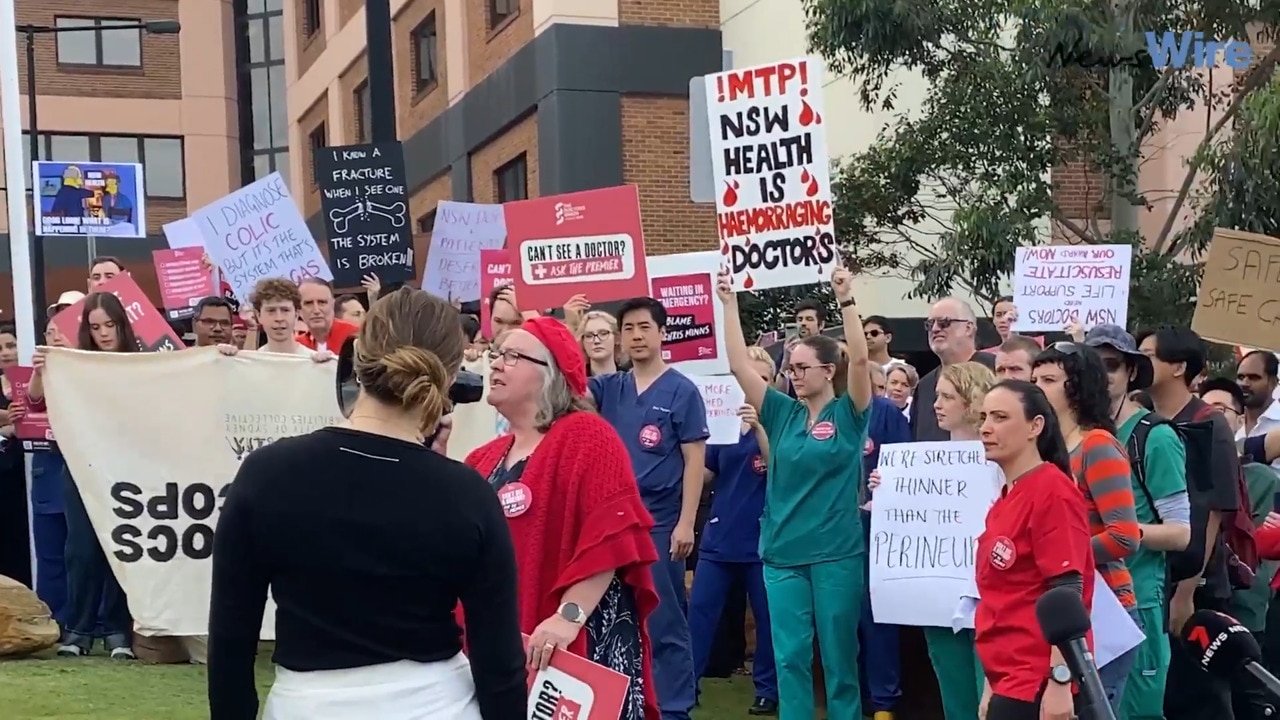
Parenting
Don't miss out on the headlines from Parenting. Followed categories will be added to My News.
The alarming reality of being a doctor in NSW is today laid bare as Helena*, who is participating in the state-wide 72 hour strike, shares what it’s really like.
Unable to share her real name due to fear of repercussions from her employer, Helena speaks about the gruelling nature of the job.
“I've certified deaths in front of sobbing families, been screamed at and spat on, and have quietly cried in a bathroom alone after the death of a patient,” she says.
“For this I was paid an hourly rate less than a Bunnings employee.”
Want to join the family? Sign up to our Kidspot newsletter for more stories like this.
RELATED: 'I was lectured about servicing my husband at my postpartum checkup'
"Responsible for 200 patients in 12 hours"
Up to 9,000 doctors in NSW are currently taking industrial action due to being the lowest paid doctors of any Australian state.
They also claim that workloads and expected hours are dangerously heavy and unsustainable, out of hours pay is negligible and, because of this, many medical centres and hospitals are chronically understaffed.
Helena attests to this.
As a specialist in obstetrics and gynaecology, she sometimes will work to deliver babies in difficult childbirths, such as when a caesarean section is necessary.
“I've been the only doctor on site at a small hospital, responsible for over 200 patients for over twelve hours,” she says.
This has led to dangerous levels of exhaustion.
“I've fallen asleep behind the wheel on my way home from a 12-hour-long night shift, where half an hour earlier I was in the operating theatre doing a caesarean section.”
Her colleagues feel similar levels of burnout.
“I've comforted colleagues as they’ve cried because it’s their twelfth consecutive day at work, they've run out of clean laundry and haven’t seen their loved ones,” she says.
“I’ve seen neurosurgical registrars awake and at work for 48 straight hours over the weekend, expected to go back to work as usual on a Monday morning.
“Are these the conditions you want for the doctors looking after your loved ones?”
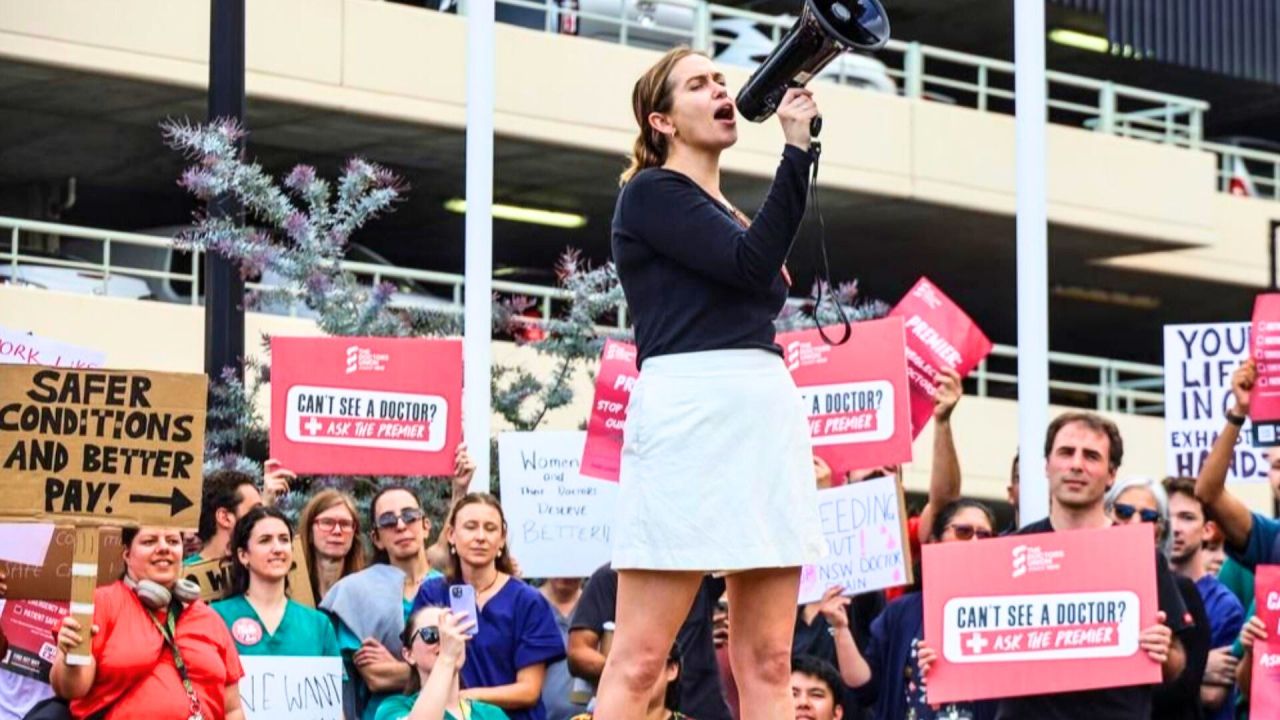
“Mothers’ and babies’ lives are at stake”
Helena says this is leading to situations which are putting patients at risk.
“The specialists who supervise and teach me can be called into hospital at any hour of the night, expected to handle very complicated emergency operations with extremely high stakes - often mothers’ and babies’ lives are at stake. They are not paid for this,” she says.
“These specialist doctors are on call from Friday afternoon until Monday morning - they aren’t allowed to be further than twenty minutes from the hospital in case they need to come in and save someone’s life. They are at the hospital several times each day and overnight. They are not paid for this.”
She compares the situation to pilots.
“They have fatigue management regulations and cannot work if they haven’t slept enough or have worked for too long. This does not exist for the doctors in NSW public hospitals.”
The issue of pay adds insult to injury.
“In every other state in Australia, doctors at the exact same level get paid a third more than I do,” Helena says.
"We simply want to be paid as equals."
NSW Labor Health Minister Ryan Park addressed the ongoing doctors’ strike, stating that the government had offered a 10.5% raise over three years, in addition to a 4.5% increase already implemented. He expressed disappointment, claiming that the union walked away from negotiations.
But doctors are saying this doesn’t go far enough to address their concerns.
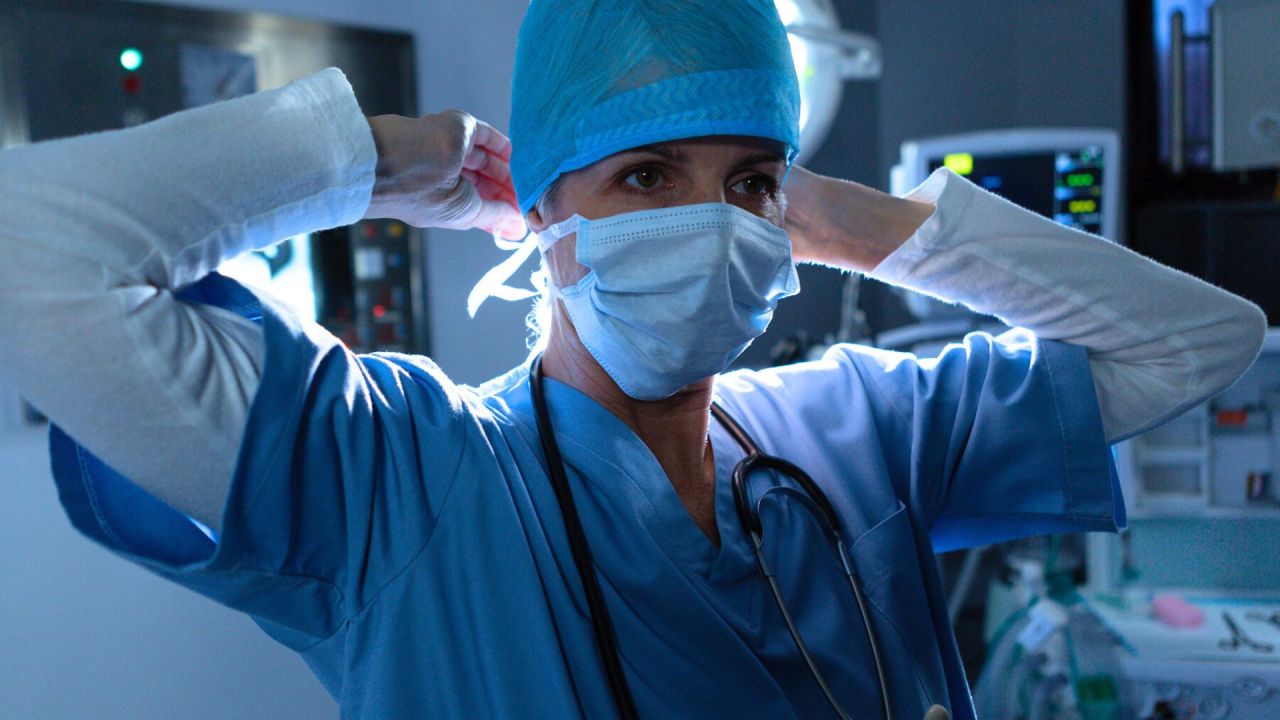
“We choose to stay because we believe in public health”
Helena says this “isn’t about the money.”
“If it was, there would simply be no doctors left in public hospitals.
“Every single doctor you see in a public hospital in NSW could quit tomorrow and earn double what they earn now - prescribing cannabis and medication for erectile dysfunction over the phone.
“We choose to stay because we all feel it is our responsibility to look after the public who need medical care and might not be able to afford it privately.”
Helena says it ultimately comes down to safety; NSW doctors are asking for adjustments to their award so they can work safe hours and provide safe care.
“We want to be remunerated in a way that reflects every other state and reflects the high-stakes work we do. If we have any hope of retaining doctors in the public system, we need an award which protects our doctors, and therefore protects our patients.”
She issues a stark warning if things don’t change:
“The public health system in NSW has survived on doctors’ goodwill for decades. Now it survives on guilt, burn out, and fear."
*name changed
More Coverage
Originally published as 'I've fallen asleep behind the wheel immediately after doing a C-section'



